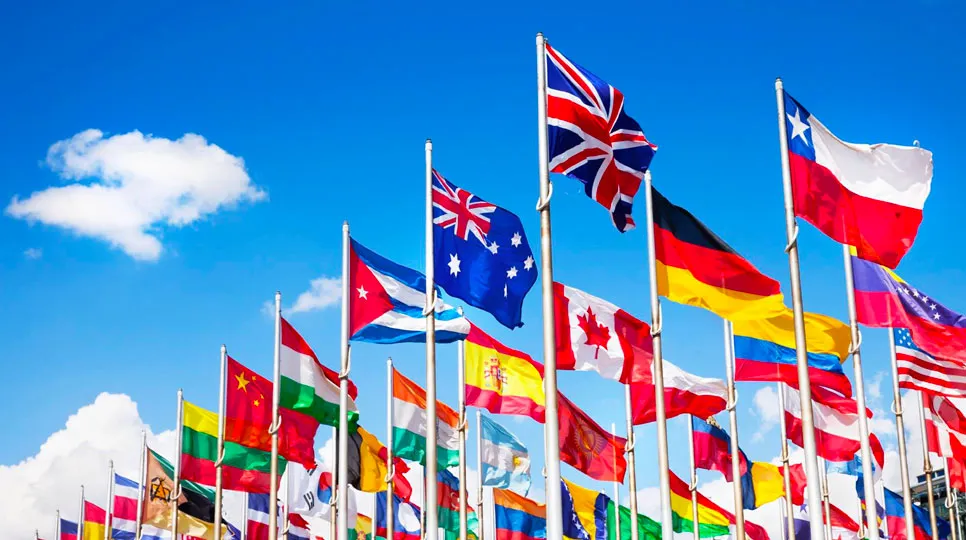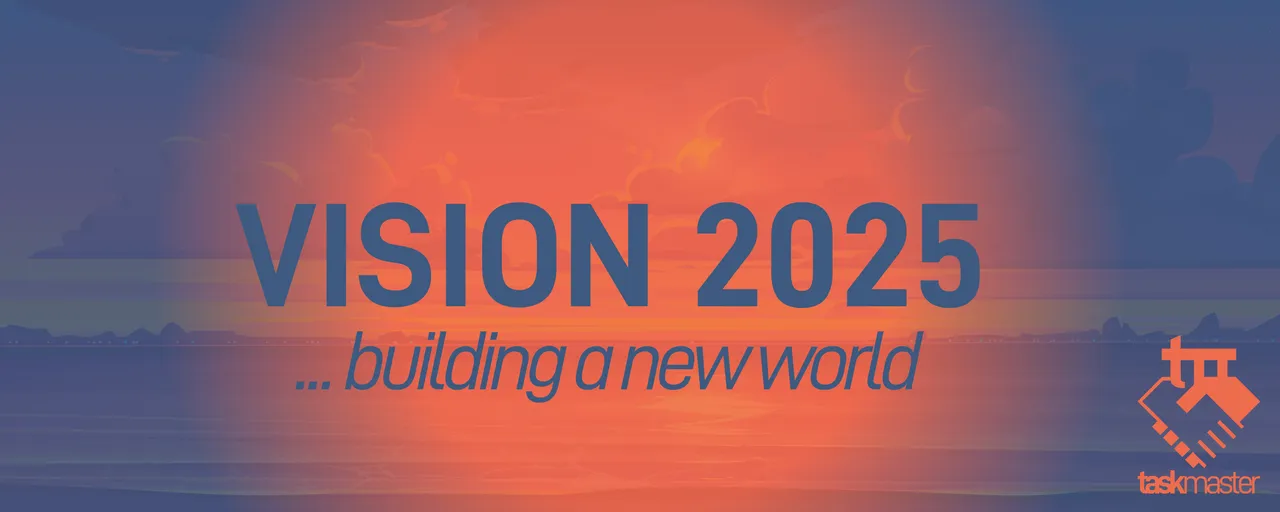Creating a new country is not easy. Traditionally it was a very violent process. Wars were waged resulting the in victors able to claim the land to set things up as they see fit. Other times, we saw revolutions take place from within a nation, often with the use of violence.
None of these are appealing yet are a major part of human history. We also saw new countries emerge as the result of economic collapse. While this can occur without violence it is very painful for a nation. Millions end up suffering since things such as starvation can emerge.

Source
The sad reality is that in we fight over physical resources. Since there is limitation, we tend to use this as a means of enriching or control, whichever is more important in the moment.
Of course, governments and populations tend to be on different pages. We know that creating a new country is often the desire of many segments of certain populations, especially as governments get more tyrannical.
Alas, in the present physical situation, it is very different without engaging in one of the aforementioned activities.
Fortunately, we are seeing a new paradigm emerging.
Digital Creation
We are at the beginning stages of being able to approach things from a completely different perspective. Our world started moving decades ago to a realm where things are created in the digital first, then produced in the physical.
The most obvious area is in the fields of manufacturing and construction. There was a time when things were drawn on paper, edited, copied, and then made. This happened whether it was a building, a car, or any other product.
Today, with computers and digitization, we see things designed using specially designed programs. The "drawings" can be saved, easily edited, and transferred electronically in a matter of seconds. Whatever is being created resides exclusively in the digital domain. Only when completed in this phase do things start to move into the physical.
What is we could take that idea to nation building? Could it be possible to create a country before actually doing anything in the physical realm?
The answer is obvious. We are starting to see the foundations put in place that will allow this.
For decades, people had the ability to assemble online and share ideas. This is a part of the process. We can grow in numbers while starting to interact with people who have similar views about things. The ability to rapidly move around in the online world means communities can be easily entered and exited.
The freedom to assemble is in full-tilt in this environment. There are few boundaries which allows for more efficient growth and development.
Naturally, thus far, there are limitations. We see that much of what can be done is the exchange of information and ideas. Little else was possible. The digital did not transition well into the physical world.
Digital Economy Generating A Nation
With the introduction of blockchain and cryptocurrency we see another layer to this pursuit arising. Through the tokenization process, we have the ability to construct digital economies. This can be part of the foundation of what eventually shifts into the physical world.
Blockchain allows for experimentation with different governance models. This is something that the industry is only starting to toy with. Thus far, we remained in a tight range on the things we are trying. That will likely change in the next few years as the concepts of what can be done expands.
As we come upon new governance models, they can be transitioned to a physical realm. It might be that the governance is done digitally for real world situations. Either way, it could provide a foundation for our new nation.
Of course, there is the ultimate need for land. This is where the economy enters the picture. We still need resources to be able to provide the things that are required. A crypto-economy can offer this. Through the tokenized community, commercial activities take place. This will grow the wealth of the "nation-builders", helping them to transition to the physical.
Transitionary Phase
We are in a period where looking out past 10 years is very difficult. Technology is changing things very quickly. However, human nature tends to be a bit slower to transition.
Ultimately, we are going to see a great deal of changes over the next century or so. We are unable to see how far the digital world will expand and what part of our "real" world it will overtake. Thus, any long-term forecasting is near impossible.
That said, we try it anyway. What we can conclude is that our present governance models were established at a time when we operated solely in the physical world. This is what our governments and corporations were built upon.
We also have enough evidence, after 30 years, that it does not transition at all into the digital realm. Governments are trying to apply their old laws and approaches to something that is completely foreign to what they were created for.
Therefore, the idea that these will fade away over the decades as the digitization of things expands is a logical trend. Of course, humans are still biological beings with needs at that level. Until we arrive at a more advanced state, perhaps 2 or 3 iterations of civilization past where we are, the idea of "nations" is still going to be with us.
Hence, the formation of a digital nation that is taking into the physical world could be a transitionary phase that humanity goes through. We have the ability to easily experiment and test things out. There is also the formation of large enough communities from which a percentage might want to assemble in a physical area under their own rules.
Of course, the established system isn't going to opt for this idea. It is a threat to their power structure. Nevertheless, we are seeing major problems arising around the world that stems from this basis and, at some point, people are going to stop taking it. This will likely to occur as abundance starts to be the norm which is going to happen in the next couple decades.
From there, we will probably see a dance for a couple more decades with different governance/power structures. As voids open up, experimentation will take place.
It only makes sense that some of what is developed in the digital world will then be constructed in the physical. How it will integrate with the existing system is unclear since we will have to see what the existing looks like at that point. What we do know is that things will be changing due to the massive expansion of digitization.
The key point is that nothing that is happening today is operating in a vacuum. We are more connected than ever before and that is only going to grow. This is going to lead to more innovation and experimentation, not only with technology but also sociological structures.
When we start the design in the digital world, we can make changes faster and more often. This increases the efficiency. Ultimately, we might see some of these designs pulled into the physical world.
The merging of the digital, physical, and biological is going to change a lot of things. Web3 is emerging and it will provide tools for much larger changes.
If you found this article informative, please give an upvote and rehive.

gif by @doze

logo by @st8z
